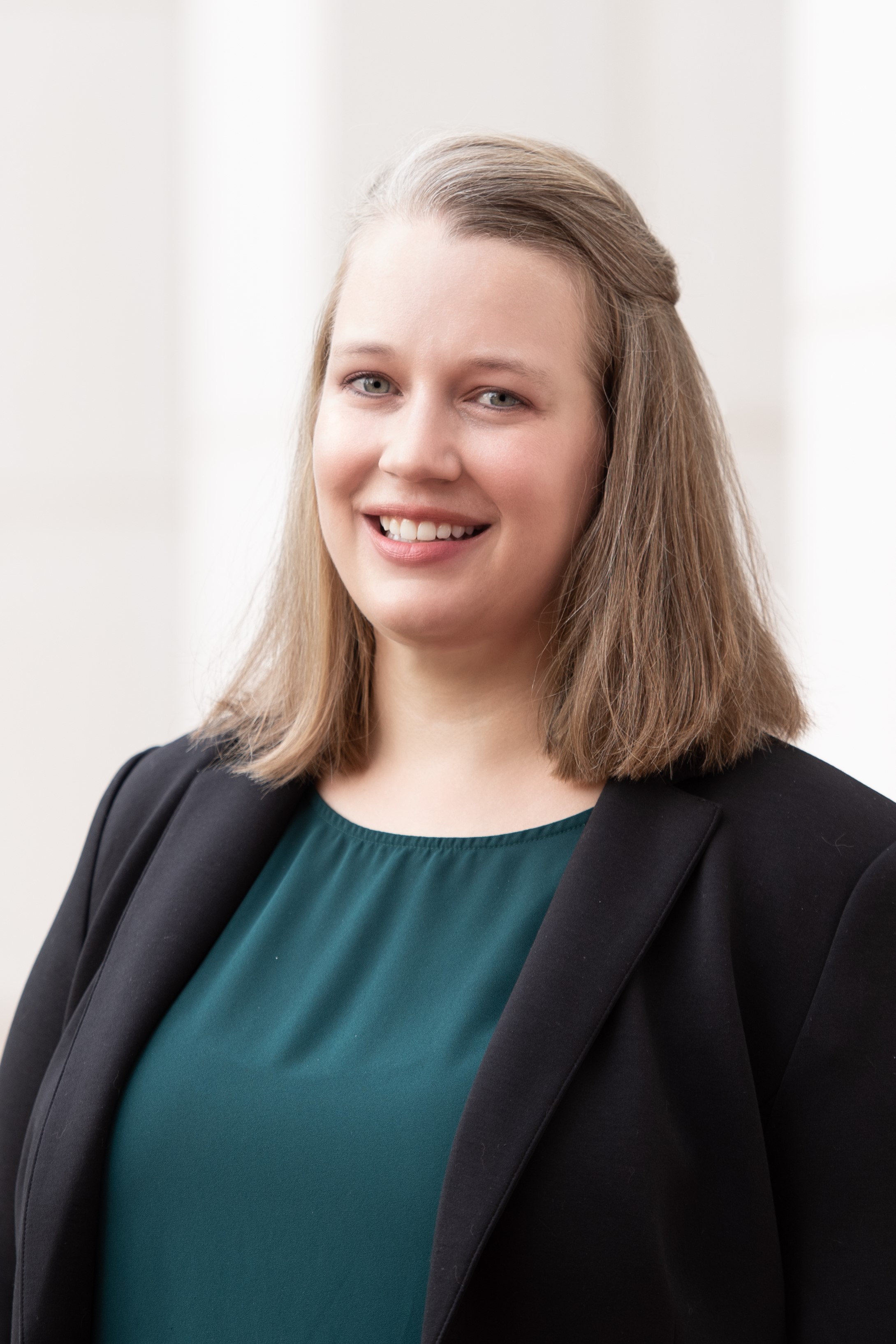The Wisconsin Innocence Project (WIP) has received a $1.5 million federal grant to investigate cases that could benefit from recent advancements in DNA testing.
The Wisconsin Innocence Project, a legal clinic at University of Wisconsin Law School, seeks to exonerate the wrongfully convicted and to train the next generation of legal leaders. Student teams have successfully secured the release of more than 30 wrongfully convicted persons.
This U.S. Department of Justice award – the largest in WIP history – will pay for three new staffers as well as new forensic testing. In conducting a historic “look-back” at previous applicants and clients, WIP will focus especially on Black, Latinx and Native American individuals.

“Wisconsin disproportionately incarcerates people of color,” said WIP Co-Director Rachel Burg. “We know that racial disparities in policing, charging, and sentencing are reflected in wrongful convictions. To address these disparities, we believe recent advancements in DNA technology can provide meaningful results.”
WIP will also work directly with clients, communities and other organizations in Wisconsin to better understand barriers faced by those in the criminal legal system so they can help clients overcome them.
Founded in 1998 as one of the first innocence programs in the country, WIP is the only organization in the state solely dedicated to freeing the wrongfully convicted.
“This grant is a testament to the work of the Wisconsin Innocence Project,” said Kate Finley, director of the Frank J. Remington Center, WIP’s home at UW Law. “Consistent with the Wisconsin Idea and our commitment to service, WIP is expanding its direct client work and engaging in criminal system reform in Wisconsin and beyond.”
In Fall 2024, two WIP clients were released from prison. In September, David Bintz was cleared of a 1987 murder in the Green Bay area after 25 years of wrongful incarceration. And in November, Manuel Cucuta was released from prison after a Milwaukee County judge vacated his life sentence in a double murder.
“We know that there are cases we litigated and investigated in the past that were unsuccessful, not because of their merit, but because DNA testing technology was not yet sensitive enough to obtain results,” Burg said. “This grant will allow us to reexamine old cases using new DNA techniques to prove our clients’ innocence and secure their release.”
Submitted by Law School News on January 6, 2025
This article appears in the categories: Faculty, Features, Frank J. Remington Center
Related employee profiles: Rachel Burg